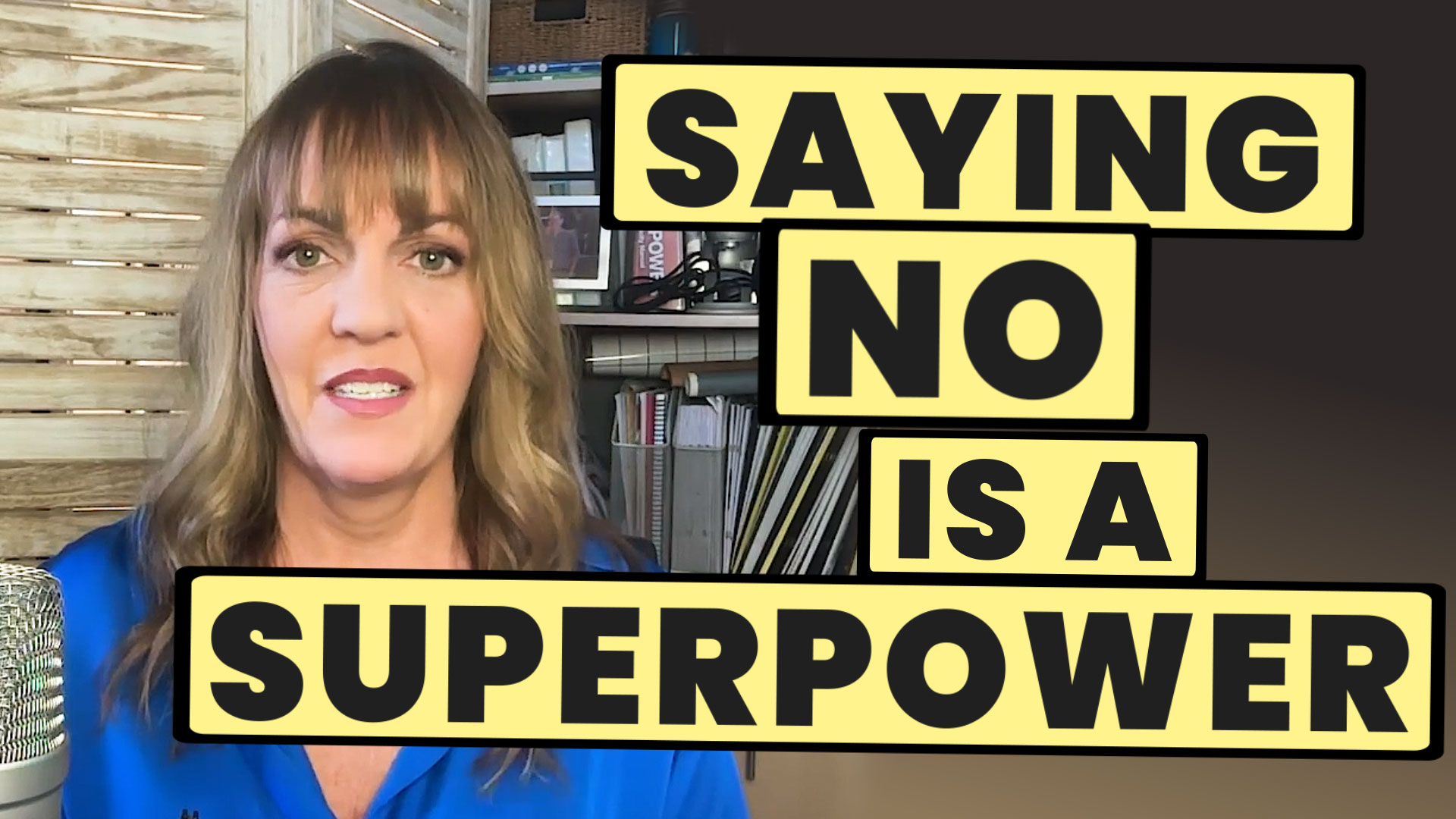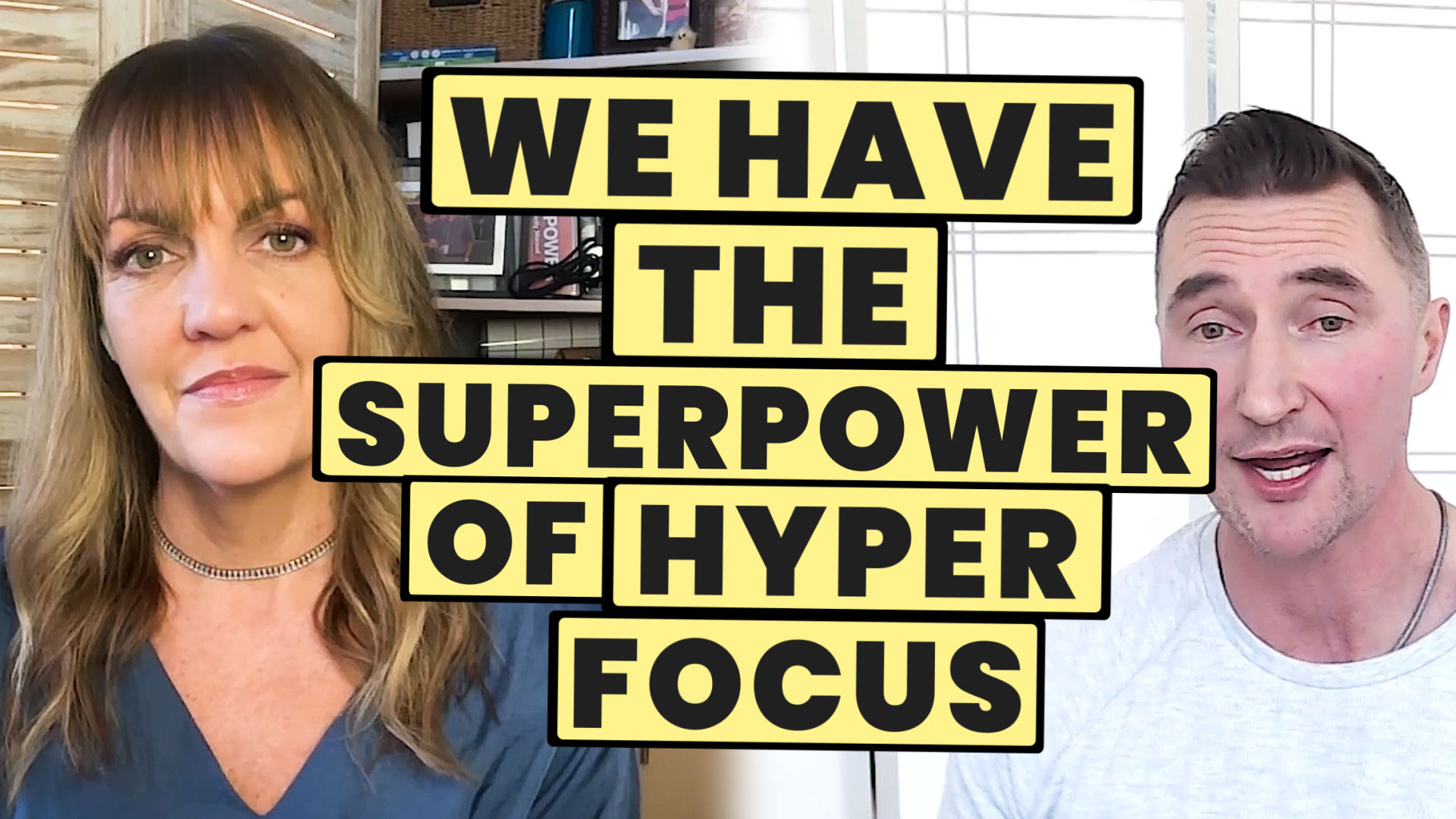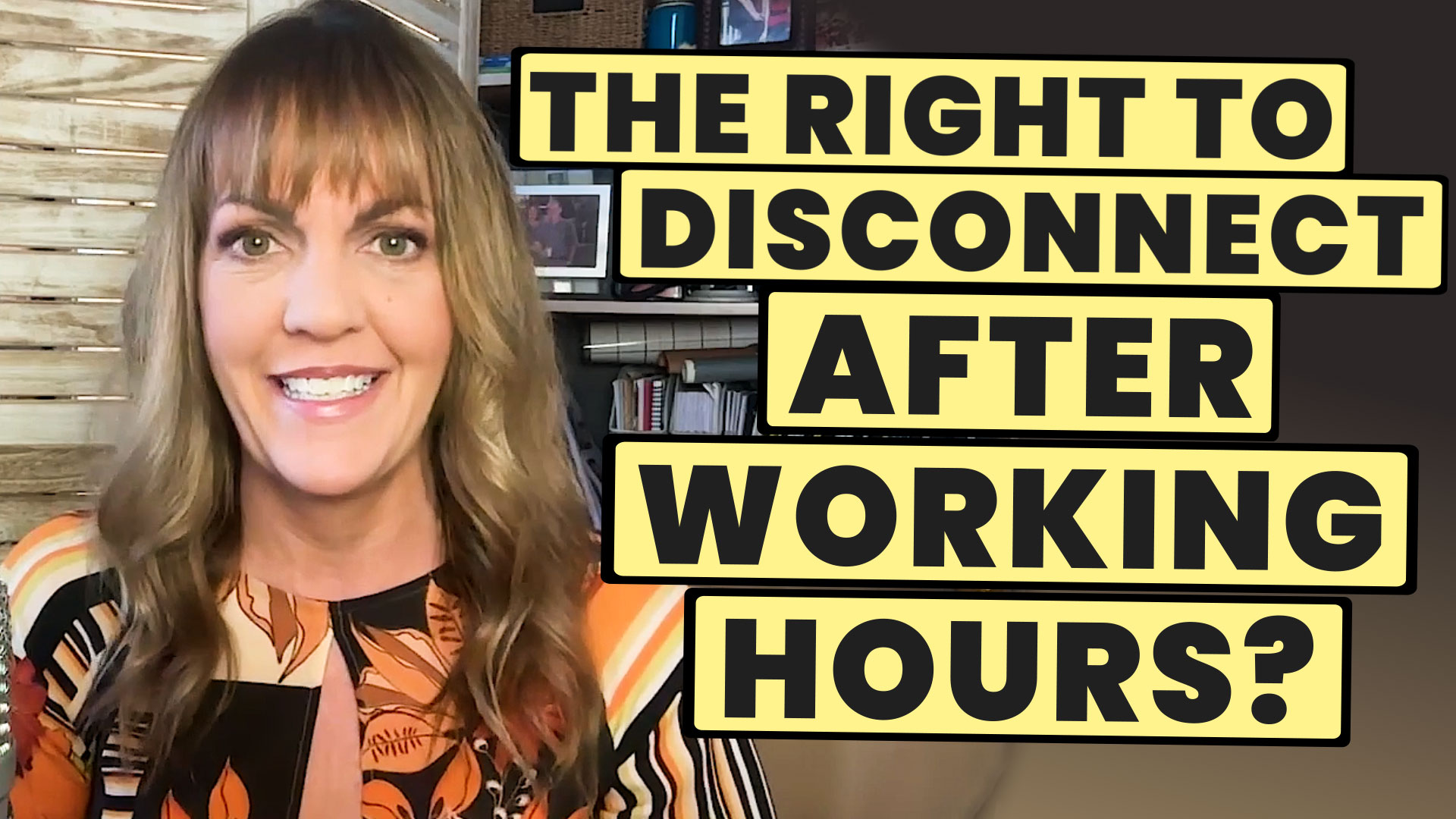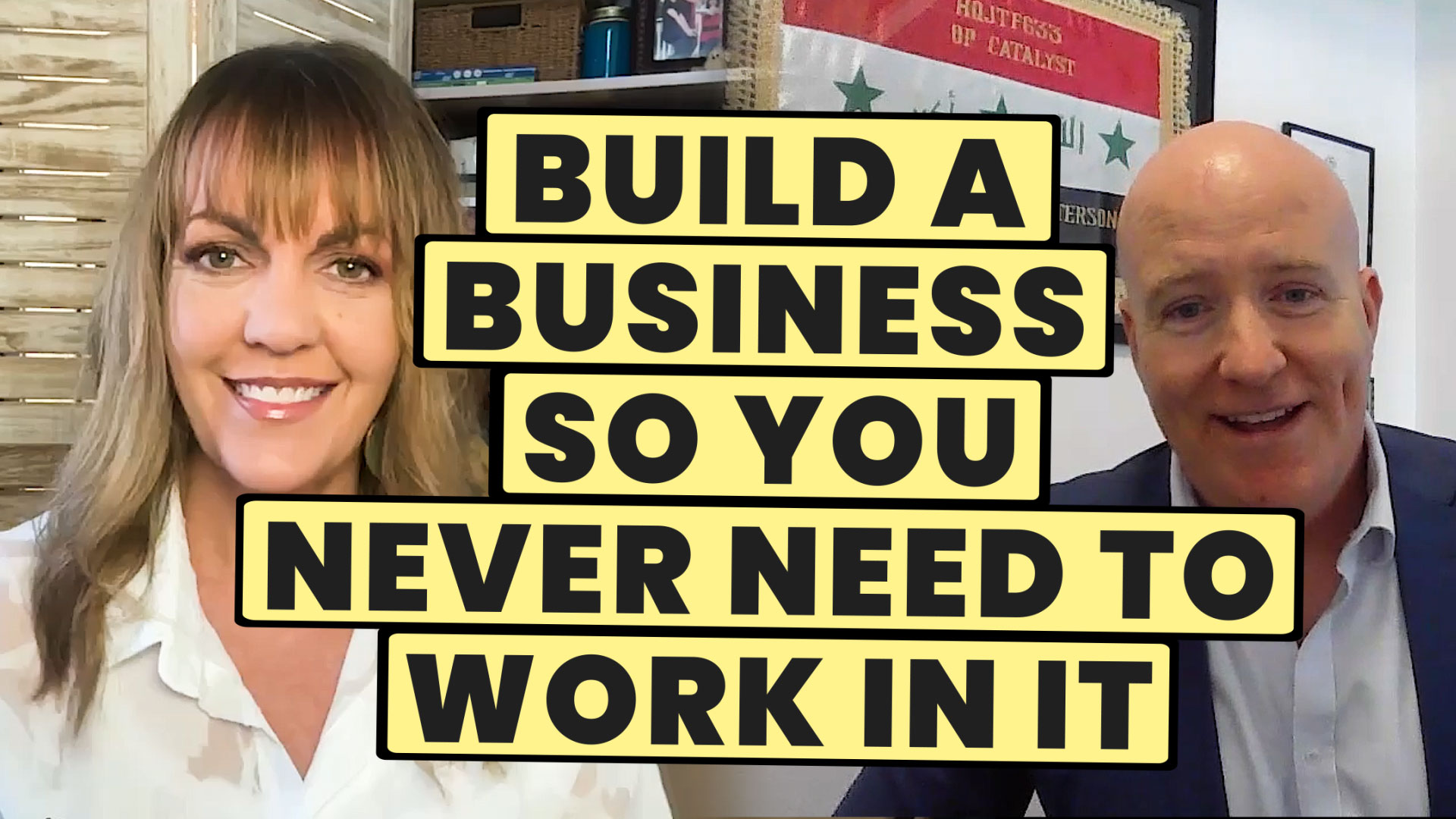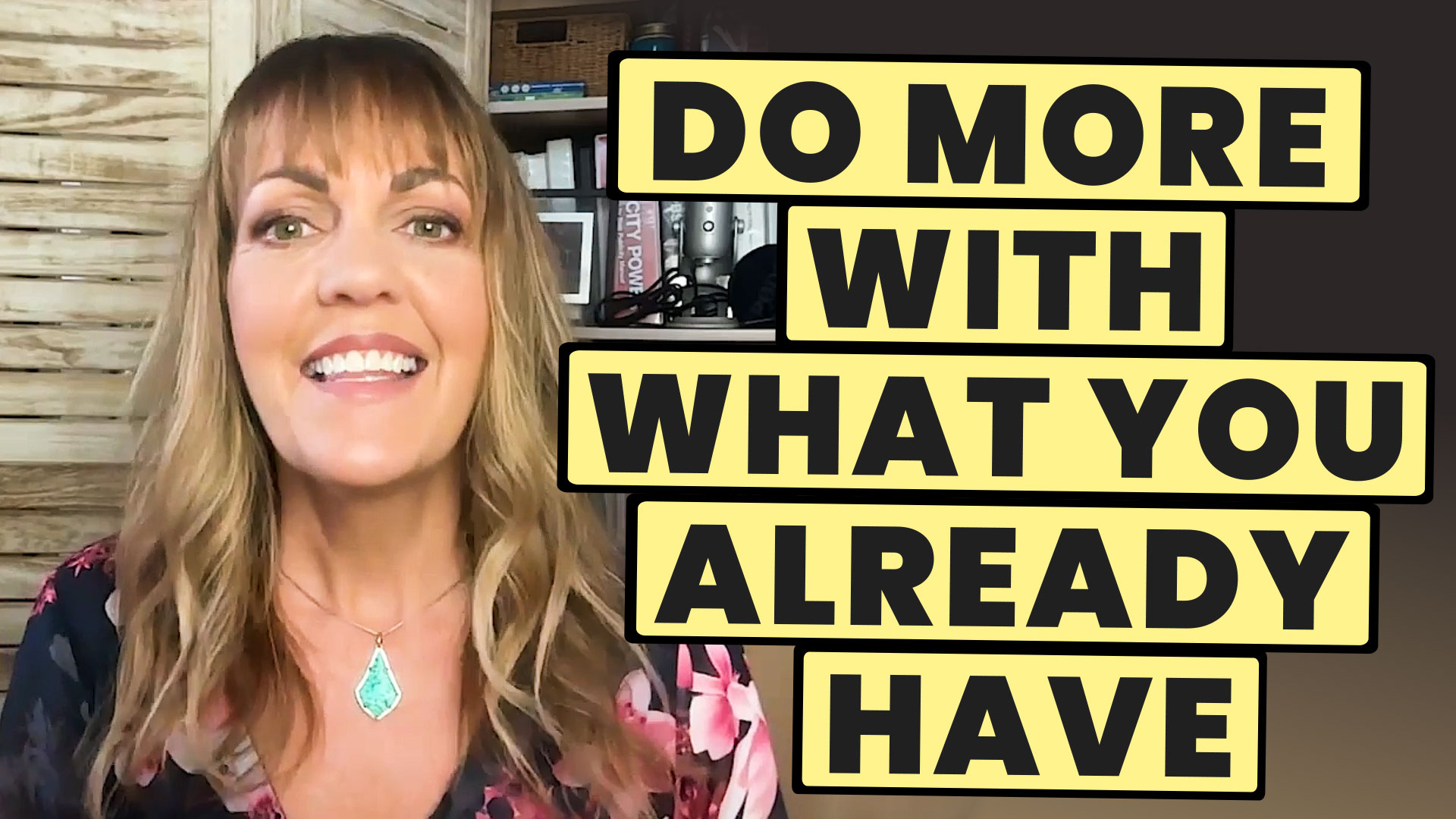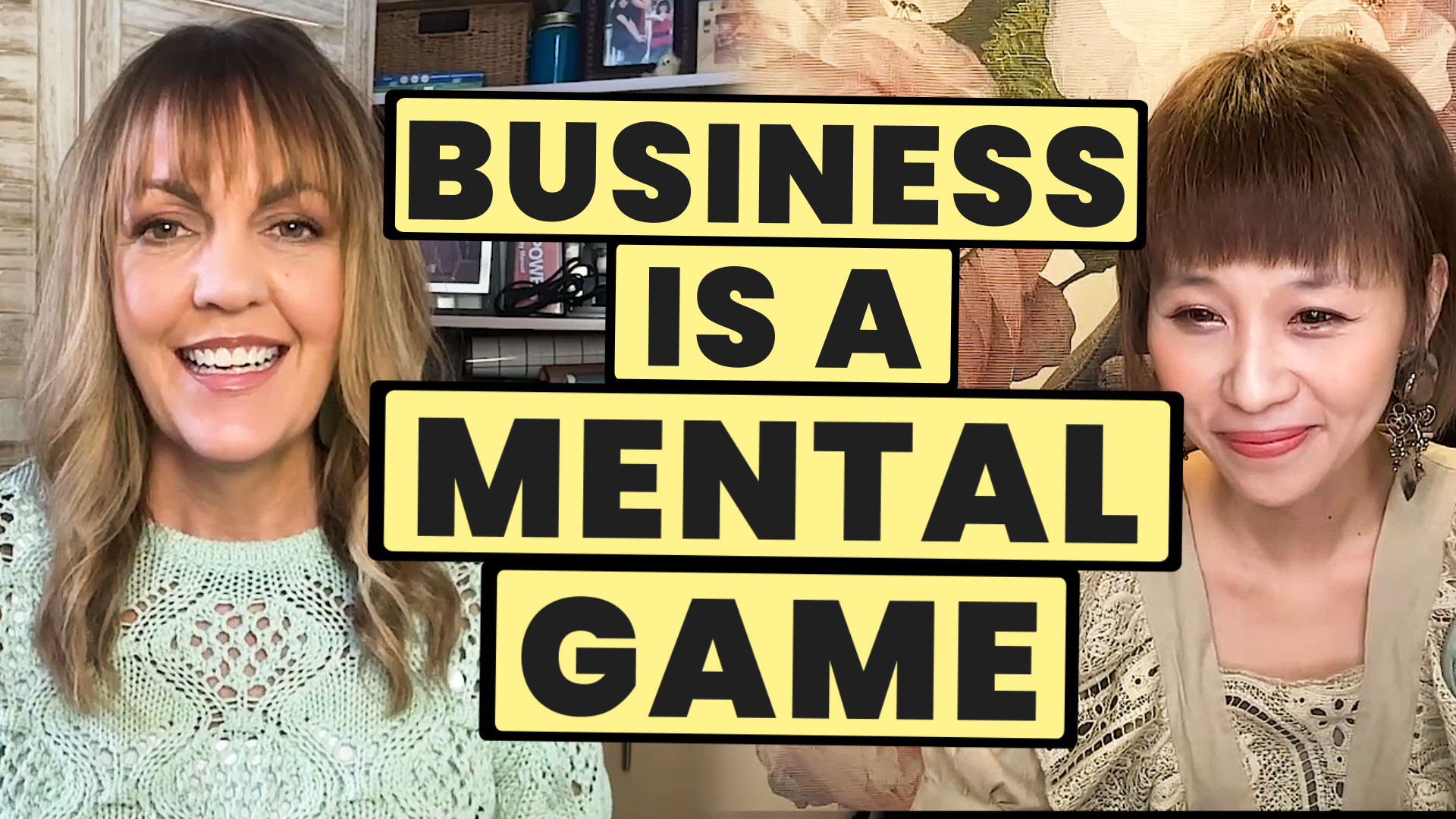Episode 48 Transcript
Heather
Welcome to episode 48. So guys, I used to run this club called the Billionaire Adventure Club. I was a co-founder of it, affectionately known as the BAC. So I ran this for four years, and I think the last trip I had with it was roughly 13 years ago. So it was a little while ago. And what we would do is we would bring entrepreneurs on adventures around the world in developing countries.
What we would do is kind of a few things in these trips or these adventures together. They were divided into sort of three triads. The first was the networking piece. You know, you learn from each other. There was also the mentors. We would bring mentors on the trip and there would be opportunities to learn from the mentors and have one-on-ones and then the other part was the adventure piece. Now the adventure piece was combined into a combination of true adventure. I mean, like in Belize, we went ziplining, for example, but also giving back. So we would help local charities and social enterprises with our funds, our networks, our knowledge and give back while we're there in those countries. So to give you guys an example, we built a school in Peru in a community called the Welock community. We lock is how you pronounce it. Yeah, but that was incredible. So we came in and we funded the purchase of the materials and then we actually got our feet literally dirty by squashing mud and creating mud bricks and then helping to build the school. And so we did that in South Africa. We worked with a couple of organizations there. There was a university called SIDA where really incredible down in Johannesburg and we ran a business training and mindset development workshop for their students. We gave some supplies to Richard Branson's School of Entrepreneurship there as well. Um, gosh, in Cambodia, there was this incredible, one of my favorite organizations, social enterprises was friends international in Cambodia. What they do is, um, they get kids off the streets and they do this twofold. They helped to train the kids, teenagers in trades. So hair or, you know, um, electrician, carpentry.
And also they educate tourists on not to give handouts because it perpetuates the cycle. So when we were there, we were giving more of our network and our knowledge because a lot of the members, various incredible networks. So we were just sharing what we could to help that organization with their business structure and something that would be ongoing. I wish I could remember the, the sort of quote, but what is it? Like you teach, you give somebody a fish and they can eat today or you teach them to fish and they can eat a lifetime.
That was essentially the outcome of these adventures, of these trips we would give for legacy, you know, and for ongoing rather than just coming in with a simple handout. And then out of all the countries, there is one that really stuck with me and that was Mongolia. What an amazing country. So we brought supplies to an orphanage there and then ongoing assistance as well. And I don't know if you guys have heard of the show called Alone.
By the way, I'm loving it. I'm totally binging it right now, all the different seasons, but they have the redemption one where they have return participants go to Mongolia. Essentially you go out, if you don't know about the show, you're by yourself and you have three cameras. You have a camera on a tripod, like a tall one. You have a short little tripod and then you have a head cam and you are living off the land. You bring 10 items with you. You can't bring a gun and you're literally.
Living as long as you can out in the wilderness. It's crazy amazing. And they were in Mongolia and I was just watching it the other day and it made me think about this story I'm telling you right now. And that I wanted to share it with you because when I saw the landscape of Mongolia, it just brought me back there in a heartbeat. It is, you guys, unlike anything else that you will ever experience.
So it's absolutely fascinated by this country, right? That the people, their culture, it is as far away as to anything I've ever experienced in the West and even in the East. All my travels, I think I've been to 35 plus countries now. Massive, massive open landscapes that literally look like watercolors where you'll be driving and it's just plains and hills and no trees at all and incredible lighting. You guys know that lighting, like if you've ever been to Africa or India or… you know, Singapore, like you have different lighting, right? The Mongolian sunlight is something else. It's incredible. You have that you have these landscapes, you have the people, the locals would live, of course, and there'd be kind of towns and cities with housing. But a majority of sort of that nomad lifestyle is they lived in girls or yurts is another name for them. So they're round little buildings or not even a building. It's made kind of with scaffolding or like a
I wish I could think of the name of it, but it's kind of crisscross wood that spread around. And then you spread like fabric around that. And then you put a fireplace in the middle. And then it literally, you know, the chimney goes out the middle of the top of the sort of fabric, fabric roof. So the locals are living in these sort of girs and guys, the food, just to give you an example. And don't worry. Yes, I have a point to the story, but I'm framing it up for you.
The food was mostly old tough lamb. I am not talking about lamb chops. I'm not talking about what you get, what you're probably used to if you eat meat. Look, it was massive, huge, shanks, I don't know, huge, like things of lamb. And you would get fermented mare's milk. That would be like a common thing you would drink. Mare, a horse, fermented. Like it's...white milk with like a layer of alcohol on top. You would drink that. They give you like these weird little white shapes which are dried yogurt, vodka because it's literally next to Russia. So you have like the whole vodka thing going on there. They had their own types of vodka. We had hard boiled eggs, random, because also by the way they don't grow like they can't grow anything on these.
These plains, these lands, it's freezing cold most of the year. So there's not like vegetables or fruit or it's canned. Um, so yeah, we had that. And then Pringles out of all the most random thing in the world. I remember we were staying in this hotel and Olin Bataar, which is like the main capital and in the gift shop in the hotel, everyone was starving for Western food. And that's like, all they had was Pringles. And when I saw the Alone series and they had like literally the film crew they showed behind the scenes and they were eating Pringles, I about died. So yeah, as different as you can get. I just need to stress that as different as you can get. Incredible. So I would bring a cameraman on these trips because I was the co-founder and the organizer of these trips and we would have anywhere from 20 entrepreneurs upward of 120 traveling on these adventures with us. So bring your cameraman to document. the highlights to share with all the members that came. And then also for my own interest, I just thought, you know, in a couple of these trips, I might start interviewing the locals, not to be shared with the members, just sort of something I had like a little side project I might take on. So I had the cameraman, I pulled him aside and we were out in this really remote area of Mongolia and there were some local, like older teenage girls, probably 18 to 20, into their young 20s. And I said to them, and a few of them could speak English and kind of broken English, but enough. And I said to them, can I interview you about your life? And they said, yeah, that'd be great. So I asked them about dating, boyfriends, makeup, like just to get to know the women of Mongolia, the young women of Mongolia. And it was really fun because they kind of, you know, had similar things to Western women, but a little bit more traditional, I suppose. And then I went, I wanted to go a little bit deeper, so I did.
So I started asking them what they wanted from their lives. Just out of curiosity, being that they're totally remote, what do they want from their lives? And beyond having shelters, like decent shelter and clothing, all five of the women that I interviewed wanted the same three things. Unprovoked, because I talked to them separately. The first, love. The second, to be heard and accepted. They used different words for this, but acknowledged, to feel like they belong, that sort of language. And the third was to find a community that makes you happy. They said a family, a tribe, um, people around them that would make them happy. So love to be heard and accepted and to find your community. And I started thinking in that moment, isn't that what we all want? Ultimately, if you boil it down and to the most simplistic thing that we all want, isn't it basically that? I mean, pretty much humanity, I think is mostly the same, really, when it comes to what we want. Even those that are living in a gur, far, far away, in the middle of nowhere, far from big cities, even them, they want those things. So the next time you have trouble connecting with your team, maybe you're having a tough time with a client.
Maybe you're feeling detached from a friend or a family member, just remember that at the core of what we all want is to feel heard, appreciated and loved. So I wanted to recognize you guys in this episode as well. I wanted to say thank you for listening so far and acknowledging me because as I watch my listener base grow and my numbers slowly increase your listening to this makes me feel heard and appreciated. And I really, like I can't believe it you guys, I'm in 15 countries now. There are 15 countries out there listening to the Hustle Rebellion, which is, I'm beyond grateful. So I wanted to say thank you for your support as well. Because this, as I see these numbers and I see some people say to me, I've listened to that episode. It's what keeps me going. So reach out to me and let me know what you thought. Tag me on social media.
You can go to hustlerebellion.com. There's a contact form on there. I'd love to hear from you. I'd love to hear what you think about this podcast so far. And thanks as always for tuning in and I'll talk to you soon.
